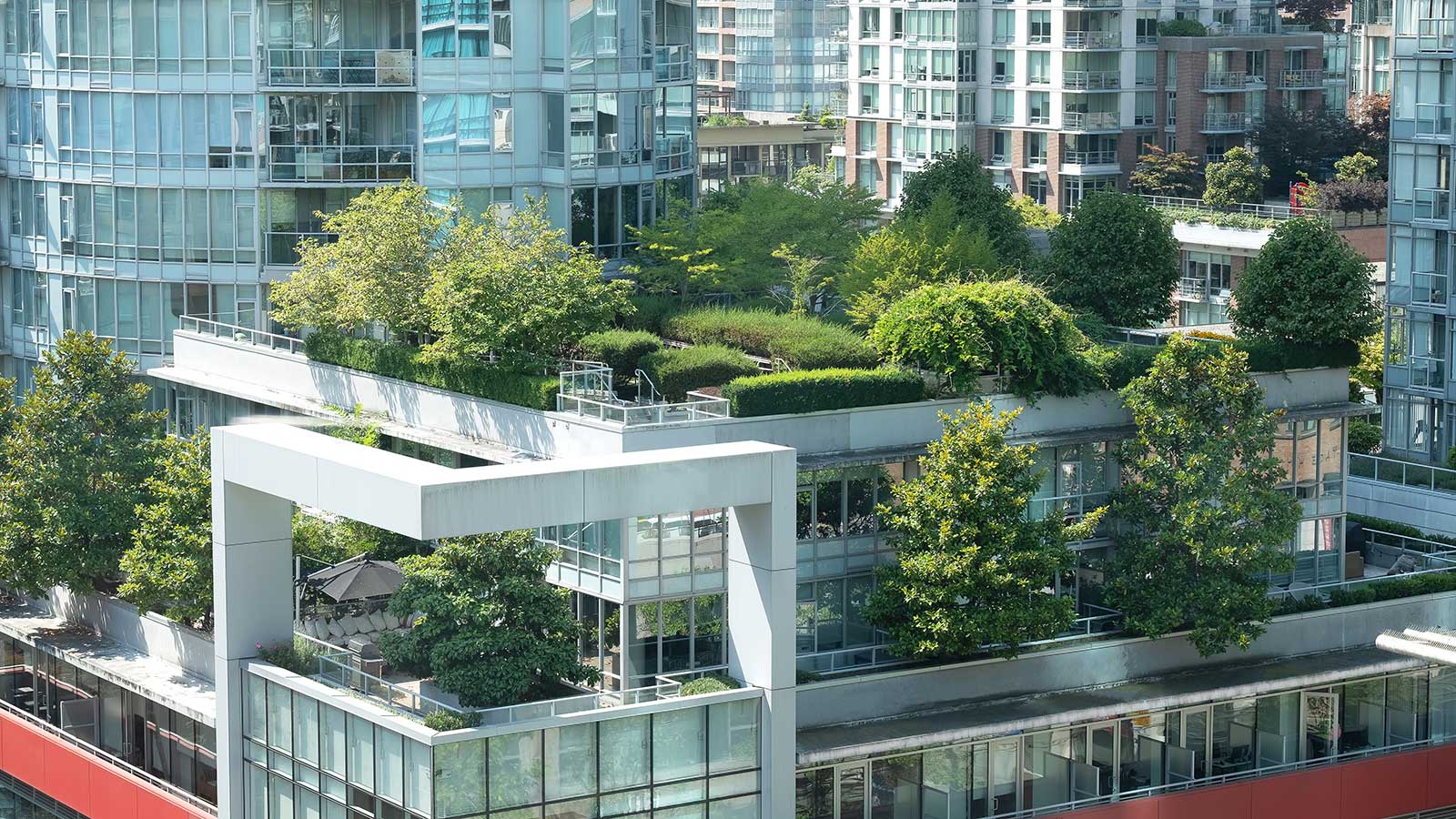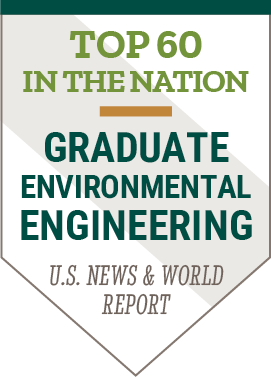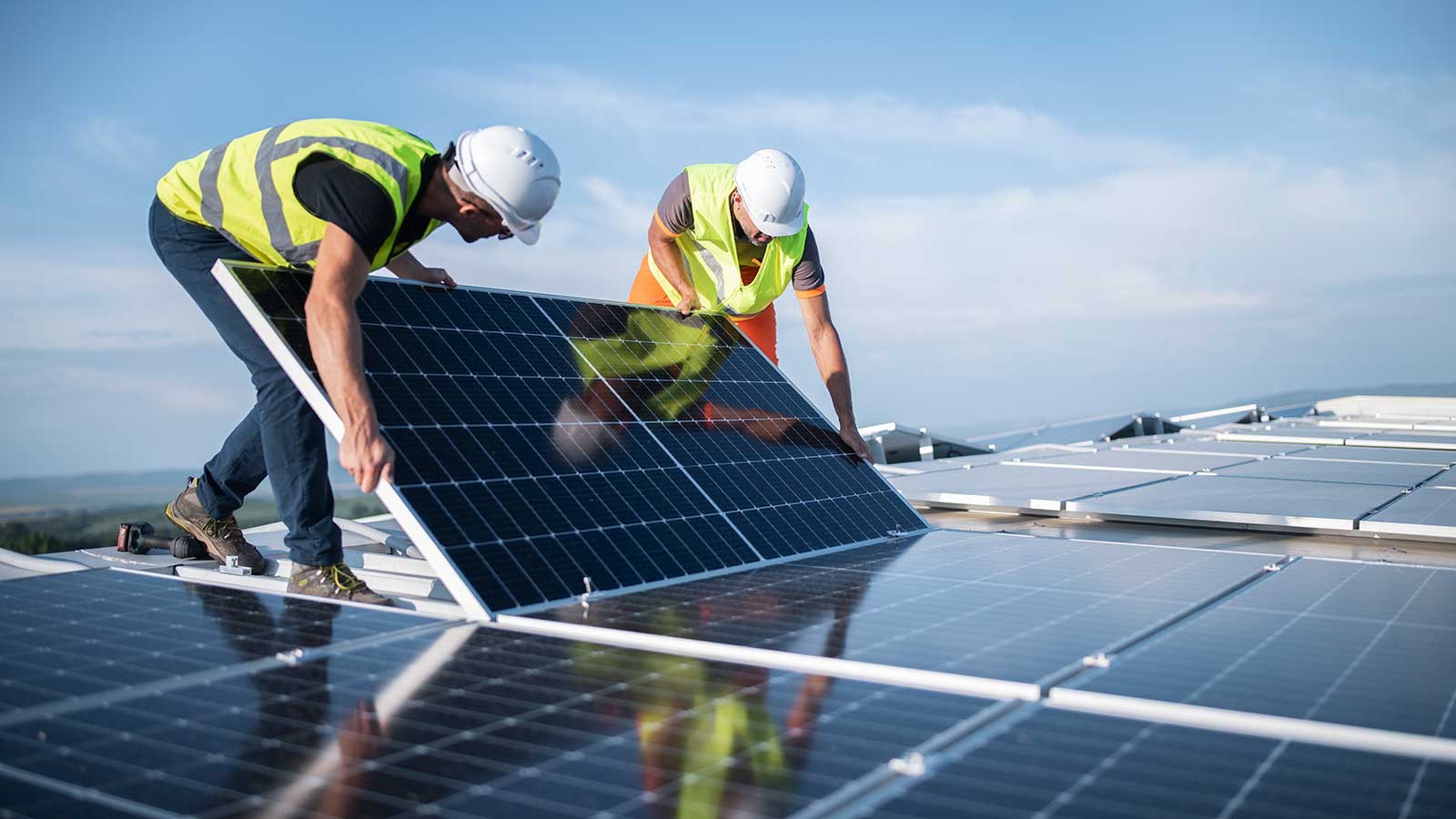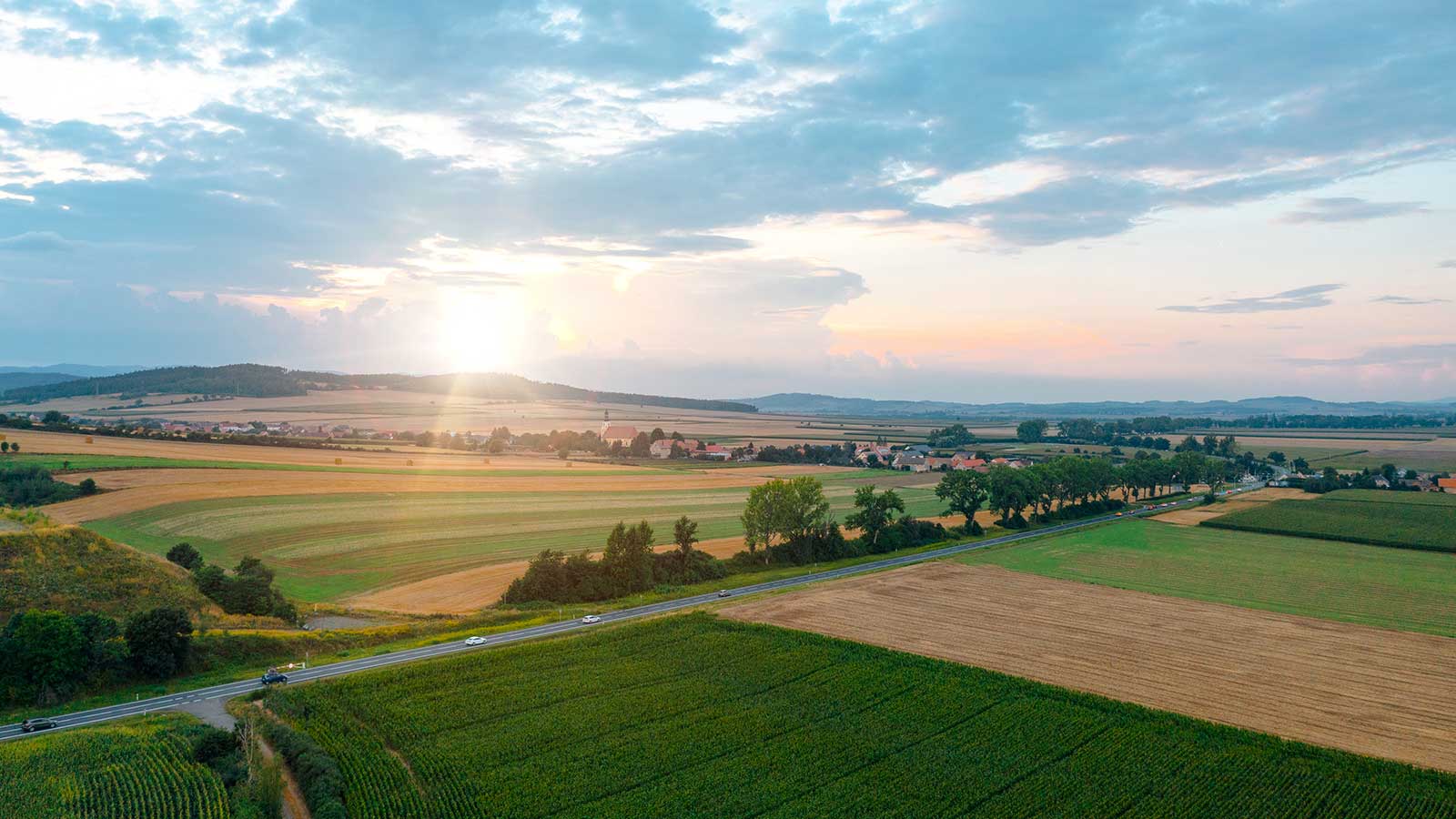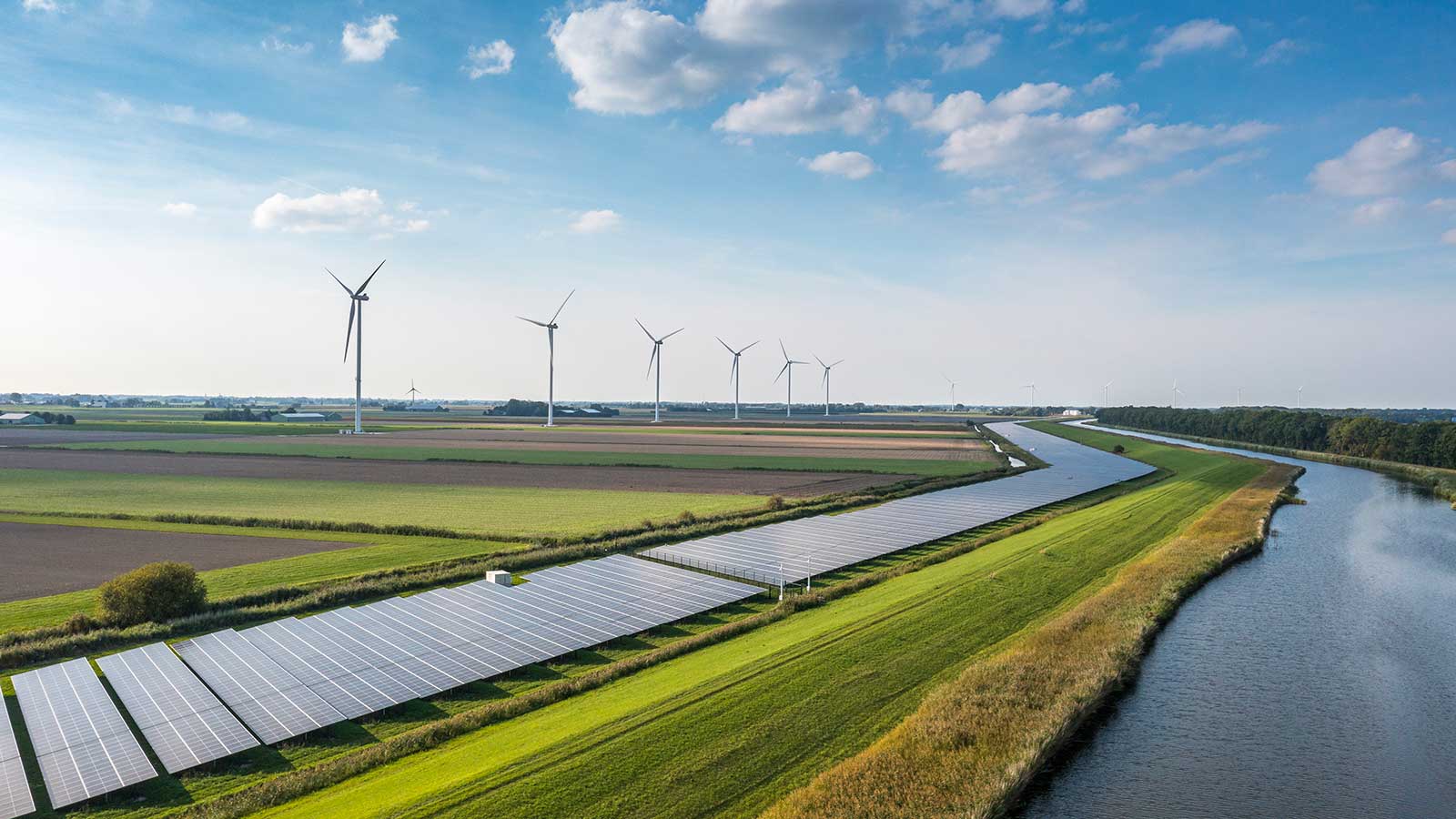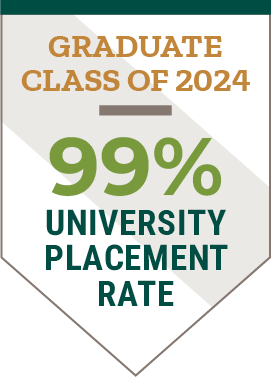
Fuel Innovation in Environmental Science and Engineering
The rapid transitions our society requires for clean energy, air, water and sustainable food systems depend on the sophisticated knowledge, exhaustive inquiry and out-of-the-box thinking of leaders. Through Clarkson University’s PhD in Environmental Science and Engineering program, you will be able to develop innovative solutions to some of the most pressing environmental sustainability issues of today. We offer the resources, state-of-the-art facilities and mentorship that allow you to become an innovator in the field.
Why Earn a PhD in Environmental Science and Engineering?
Our graduate program in environmental engineering is considered one of the top 50 in the nation by the U.S. News & World Report. The PhD program is focused on producing researchers who can offer groundbreaking solutions to present environmental challenges. If you have a vision for the future, Clarkson provides the tools you need to bring it to life. What can you expect?
- Interdisciplinary: The coursework includes science, engineering, social sciences and policy. Your research will span the boundaries of these disciplines.
- Intensive research: The program creates the right setting for experimentation and discovery. You’ll learn from our world-renowned faculty while conducting your own investigations in our state-of-the-art facilities.
- Dissertation: The research you undertake during your studies will be the basis for your dissertation. This is your opportunity to contribute to the field with original scholarship, propositions and potential solutions.
- Resources: The Institute for a Sustainable Environment is the PhD program's home and a hub for discovery and exploration. You will find the facilities, research centers and initiatives you need to fulfill your requirements.
What You’ll Learn
PhD students take courses in:
- Ecology and environmental systems
- Environmental engineering
- Policy and law
- Risk analysis
You’ll center your elective courses around a theme of your choosing and through the guidance of your advisor. Some suggested themes include:
- Air Quality and Environmental Assessment
- Engineering and Policy
- Environmental Chemistry
- Environmental Quality and Treatment
- Sustainable Systems
For more information, view the course catalog for current program requirements, course numbers and credit hours.
Course Catalog
Review all requirements below.

